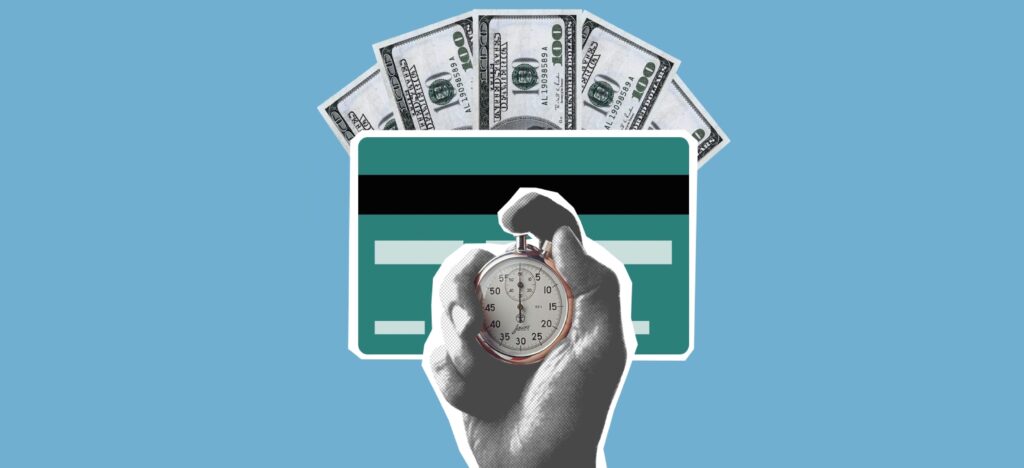
In today’s financial landscape, managing your personal finances wisely is not just a choice; it’s a necessity. Whether you’re planning for the future, aiming for financial freedom, or simply seeking peace of mind, two key components play a pivotal role: reducing debt and investing wisely. Lets go through the steps to create a robust personal finance plan to reduce debt.
The Importance of a Personal Finance Plan to Reduce Debt
Achieving Financial Freedom
Financial freedom means having the ability to live life on your terms without being burdened by debt or financial worries. A well-thought-out personal finance plan can help you reach this goal by reducing debt and growing your wealth through strategic investments.
Building Wealth
Investing is the cornerstone of wealth building. A solid financial plan ensures that you not only manage your debts effectively but also allocate your resources towards investments that have the potential to grow over time.
Minimizing Stress
Money worries can lead to stress and anxiety. By having a clear financial plan in place, you can alleviate this stress, knowing that you have a roadmap to reduce debt.
Reducing Debt: Your First Step
Assessing Your Debt
To reduce debt effectively, start by understanding the full scope of your financial obligations. List all your debts, including credit cards, loans, and mortgages. Note the interest rates and monthly payments for each.
Creating a Repayment Strategy
Consider the following strategies to reduce debt:
Debt Snowball Method
This approach involves paying off your smallest debts first while making minimum payments on larger ones. As each smaller debt is eliminated, you gain momentum and motivation to tackle the next.
Debt Avalanche Method
With this method, prioritize debts with the highest interest rates. By paying off high-interest debts first, you reduce the overall interest you’ll pay in the long run.
Budgeting Wisely
A budget is your best friend when it comes to managing debt. Create a detailed budget that outlines your income and expenses. Allocate a portion of your income specifically for debt repayment.
Seeking Professional Help
If your debt situation is particularly complex, consider consulting a financial advisor or credit counselor. They can provide expert guidance and help negotiate with creditors if necessary.
Investing Wisely: Growing Your Wealth
Setting Financial Goals
Before you start investing, define your financial goals. Do you want to save for retirement, buy a home, or fund your child’s education? Clear goals will help you determine your investment strategy.
Diversifying Your Portfolio
Diversification is a key principle of successful investing. Spread your investments across different asset classes like stocks, bonds, and real estate to reduce risk.
Long-Term Perspective
Investing is not a get-rich-quick scheme. It requires patience and a long-term perspective. Avoid reacting to short-term market fluctuations and stay focused on your goals.
Retirement Accounts
Maximize your contributions to retirement accounts like a 401(k) or an Individual Retirement Account (IRA). These accounts offer tax advantages and can significantly boost your retirement savings.
Crafting Your Personal Finance Plan
Balancing Debt Reduction and Investment
The key to a successful personal finance plan is finding the right balance between debt reduction and investment. Here’s a simplified approach:
- Emergency Fund: Before aggressively investing, build an emergency fund that covers at least three to six months’ worth of expenses. This fund ensures you’re financially prepared for unexpected events.
- High-Interest Debt: Prioritize paying off high-interest debts like credit cards. These debts can erode your finances faster than most investments can grow.
- Low-Interest Debt: Low-interest debts like mortgages or student loans may not require immediate payoff. Instead, consider investing while making regular payments.
- Investment Strategy: Once high-interest debts are under control, begin investing based on your financial goals, risk tolerance, and time horizon.
